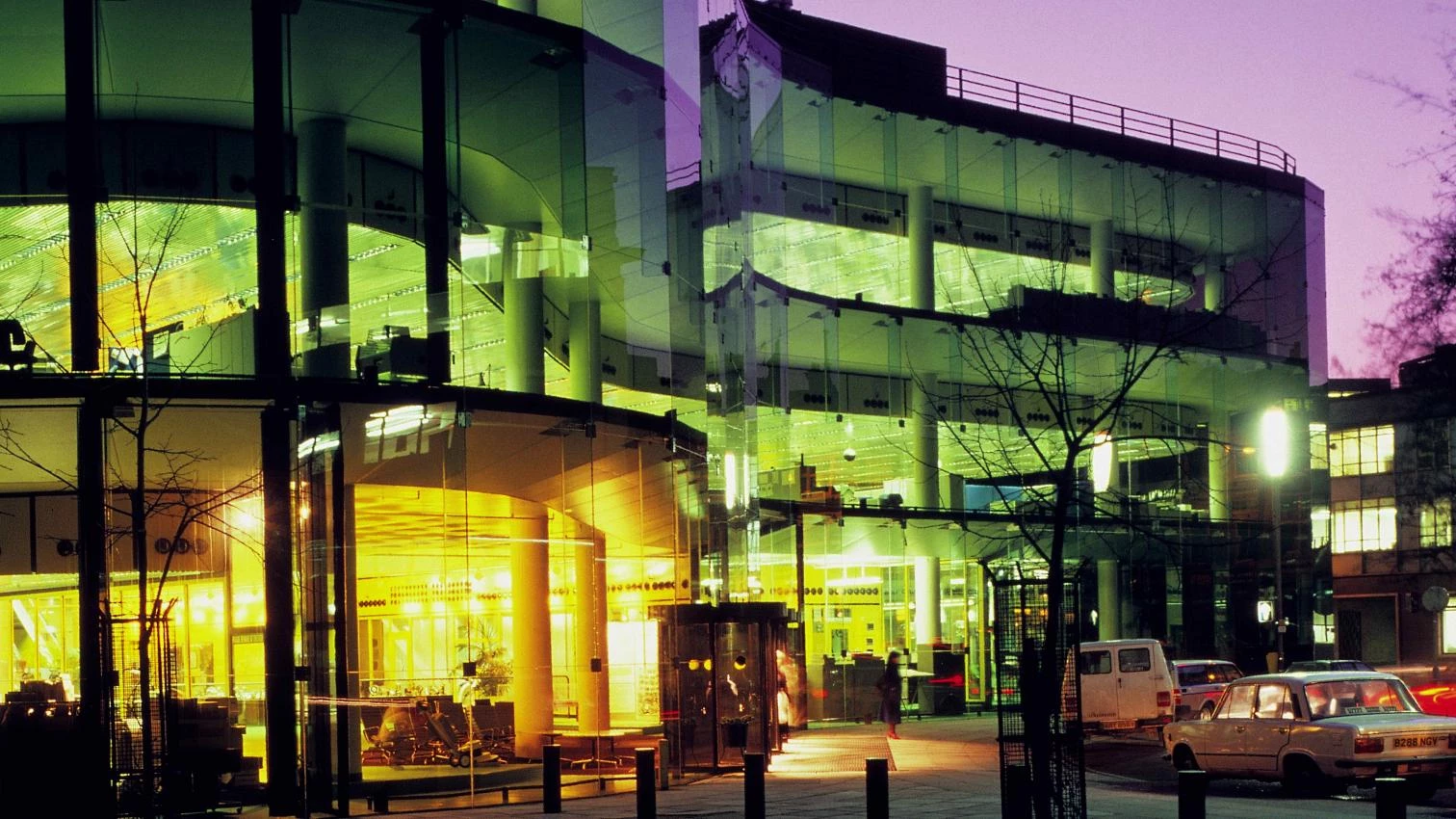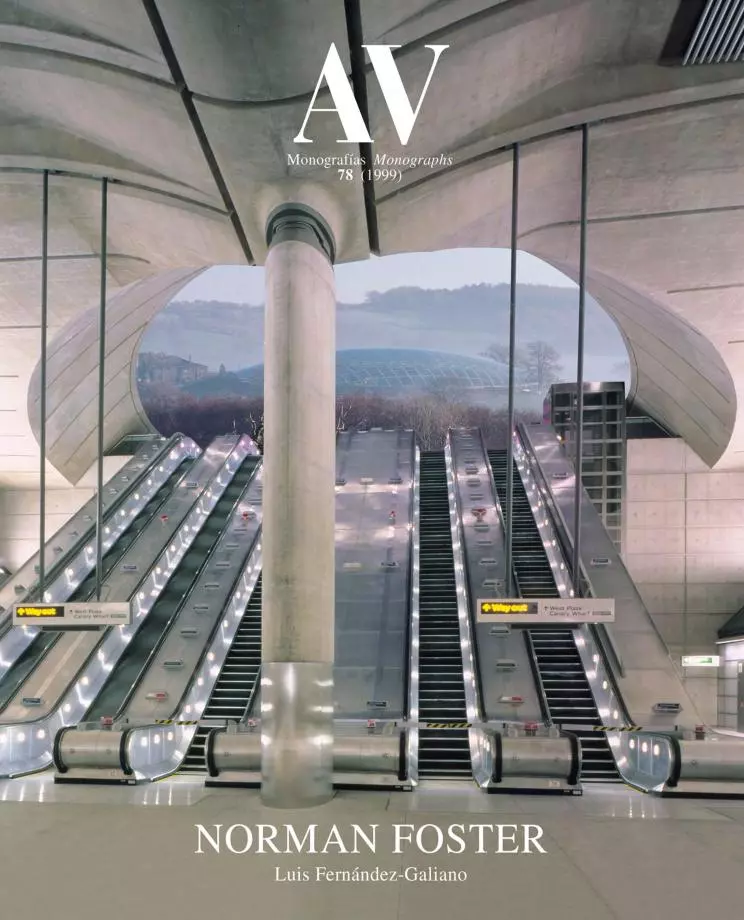Reflections in a Dark Mirror: Willis Faber & Dumas, the Landscape of Work

Built in 1971-1975 as headquarters for an insurance company that had decided to move out of London, the futuristic, sinuous, dark glass skin of Willis Faber & Dumas fitted with astonishing ease into the medieval core of Ipswich, a small town in the east of England, fragmentally reflecting during the day the odd assortment of historical facades around it, and magically glowing during the night like a space ship. The exquisitely detailed minimalist envelope – which inevitably refers to Mies van der Rohe’s 1922 glass skyscraper proposal – is both a technological tour-de-force, with the glazing directly fixed on the edge of the roof slab, and an aesthetic achievement, managing to respond to the urban context while asserting its abstract identity. But the most extraordinary feature of this building is the top-lit diagonal atrium, where escalators connect the different levels, from the ground floor with the entrance and the staff swimming pool, to the roof garden with the restaurant, creating a sun flooded, dynamic and joyful public space in the heart of what used to be the dark mills of a ‘paper factory’: the new ecological and egalitarian landscape of work, which had been rehearsed in Olsen’s amenity centre and the IBM offices, found in this company-turned-community its more brilliant expression...[+]





